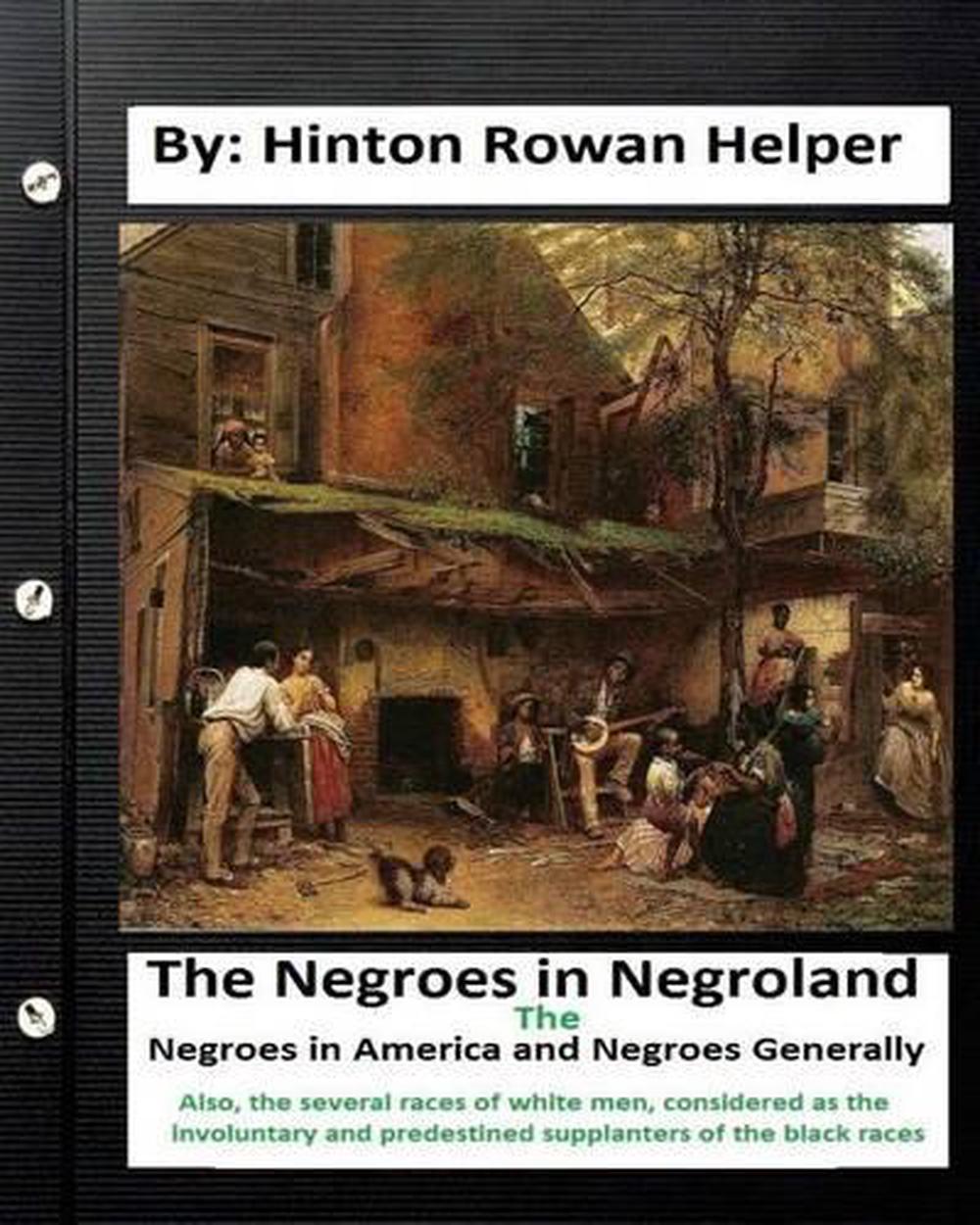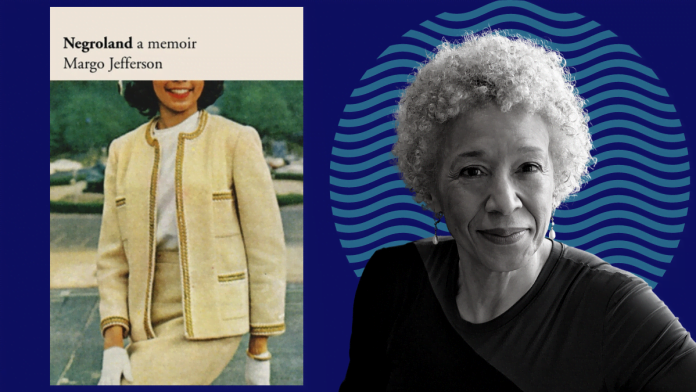


My son whose father is Black and upper class cannot identify with this book at all.

I wonder how it is for them in the racist USA that the author illuminates so well. They come back for holidays dressed in sharp suits and 'been to foreign' accents. Many people from my island, where they are kings in their own country, go to the US to study or work, all of them middle class, none of them from ghettos. We hear so little from the African-American middle and upper classes. The author's story of the slings and arrows of outrageous racism in a country that is supposed to have overcome it's dreadful past now Obama is a two-term president is interesting.

Aware as it is of heart-wrenching despair and depression, this book is a triumphant paean to the grace of perseverance. Reckoning with the strictures and demands of Negroland at crucial historical moments-the civil rights movement, the dawn of feminism, the fallacy of postracial America-Jefferson brilliantly charts the twists and turns of a life informed by psychological and moral contradictions. Since the nineteenth century they have stood apart, these inhabitants of Negroland, “a small region of Negro America where residents were sheltered by a certain amount of privilege and plenty.” At once incendiary and icy, mischievous and provocative, celebratory and elegiac-here is a deeply felt meditation on race, sex, and American culture through the prism of the author’s rarefied upbringing and education among a black elite concerned with distancing itself from whites and the black generality while tirelessly measuring itself against both.īorn in upper-crust black Chicago-her father was for years head of pediatrics at Provident, at the time the nation’s oldest black hospital her mother was a socialite-Margo Jefferson has spent most of her life among (call them what you will) the colored aristocracy, the colored elite, the blue-vein society.


 0 kommentar(er)
0 kommentar(er)
